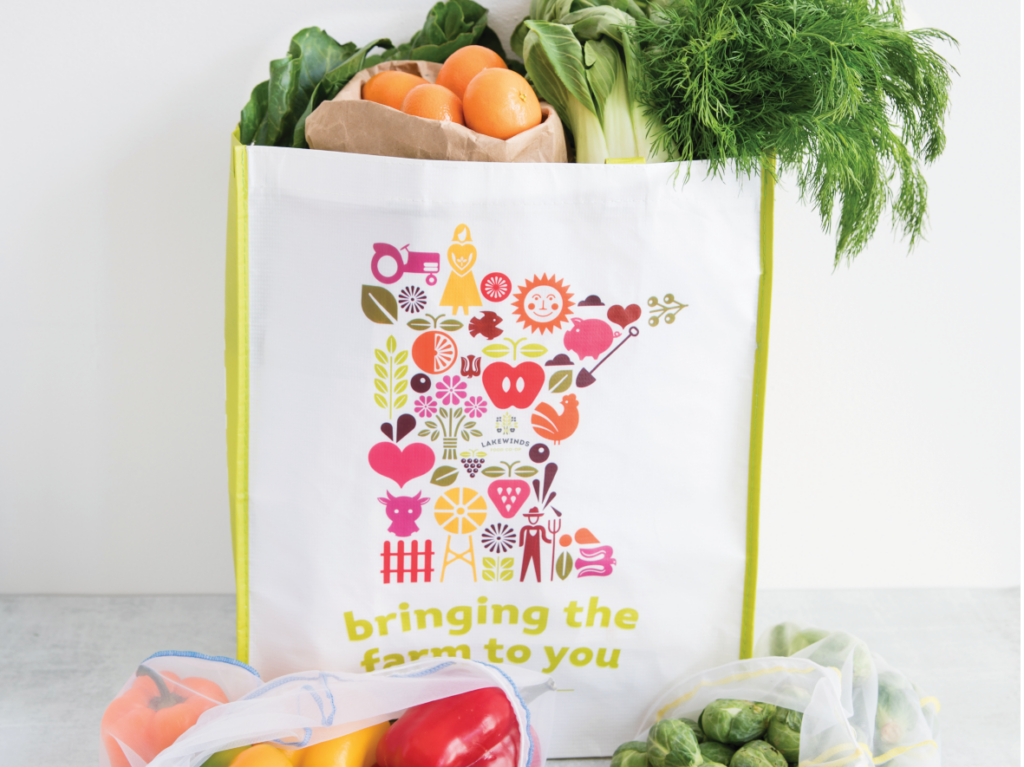Community
Our co-op is made up of members of our local communities – owners, shoppers, and employees. We serve our neighbors both inside the walls of our co-op and outside in the community. The International Cooperative Alliance calls for co-ops to work for the sustainable development of their communities.
Lakewinds has a long history of giving back to our community. Nearly 1% of our gross profits are returned to the community through a variety of outreach programs, such as:
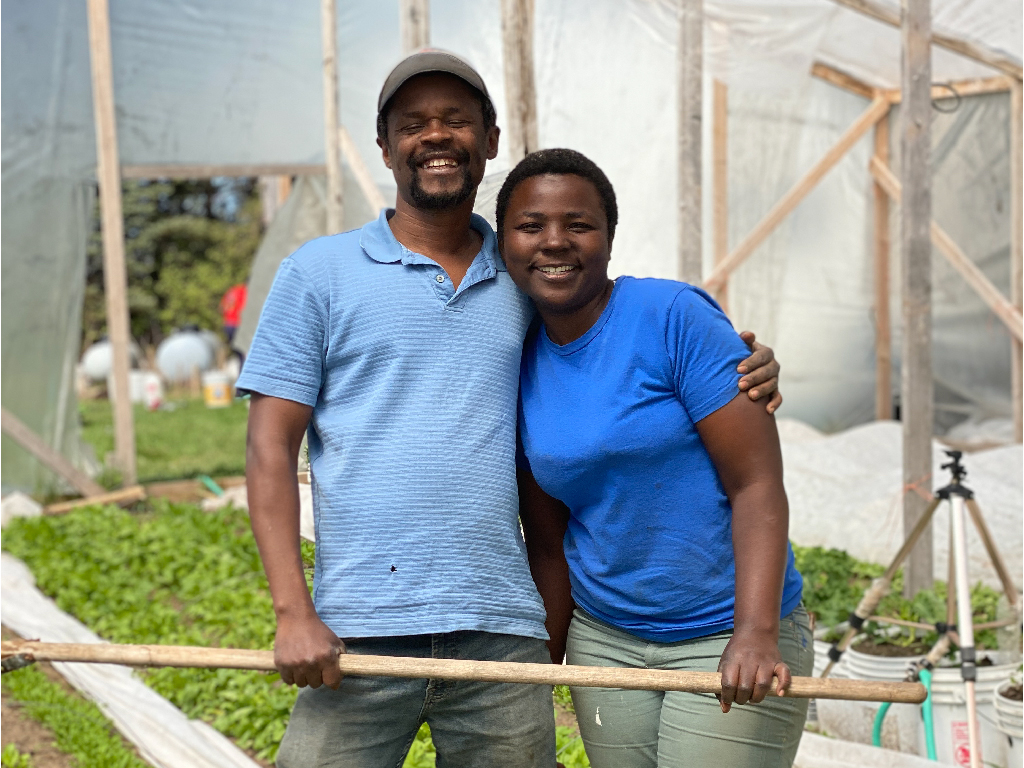
Lakewinds Organic Field Fund
The LOFF grant program is designed to provide funding for farmers who are working on the development and sustainability of organics through research and development, organic certification, transitioning farms from conventional to organic, creating new farms and land trusts for organic farms.
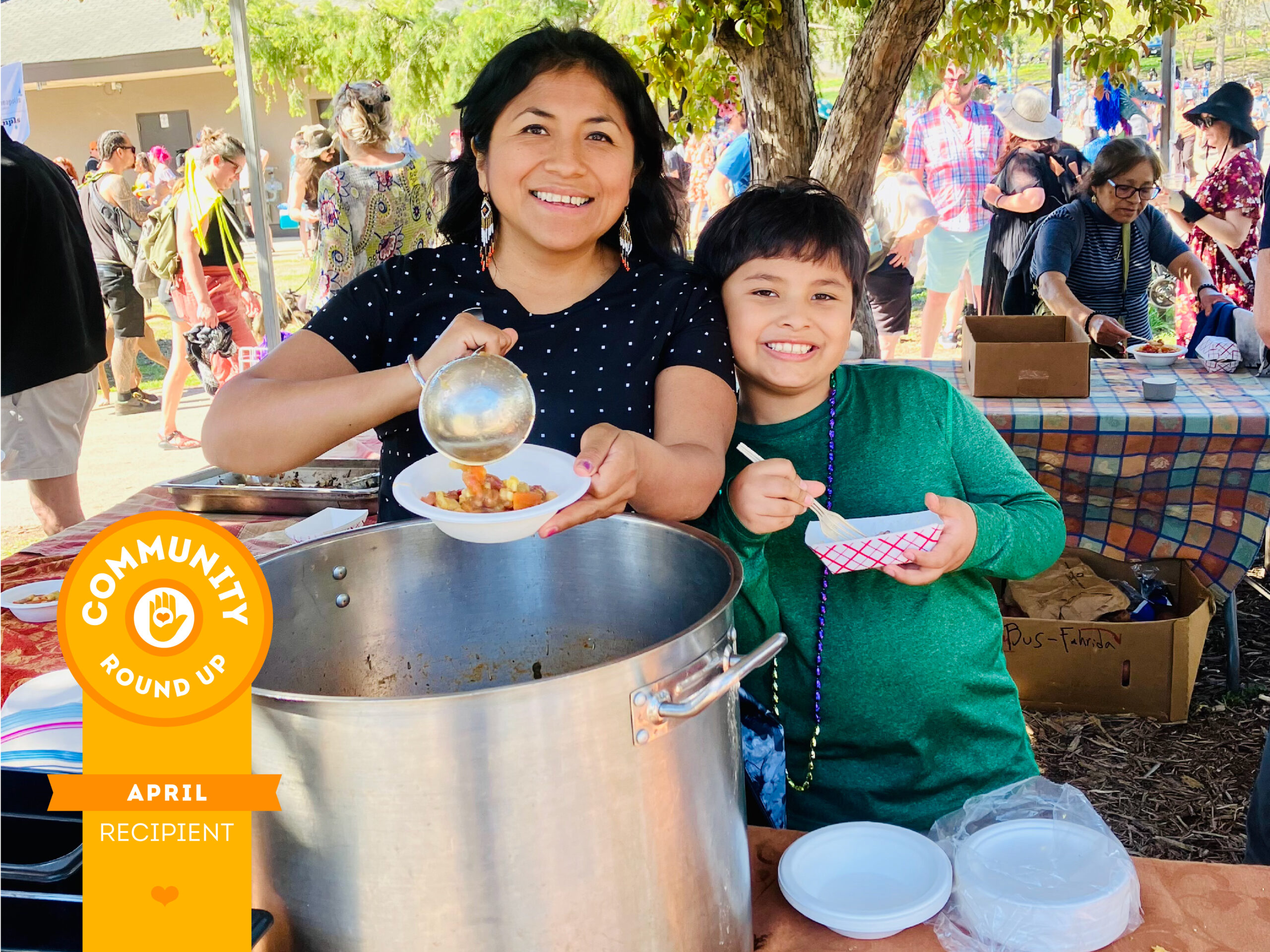
Community Giving Round Up
In April of 2015, Lakewinds Food Co-op launched “round-up”, a fundraising program that allows customers to “round-up” their grocery bill for recipient organizations that share our commitment to a healthy community.
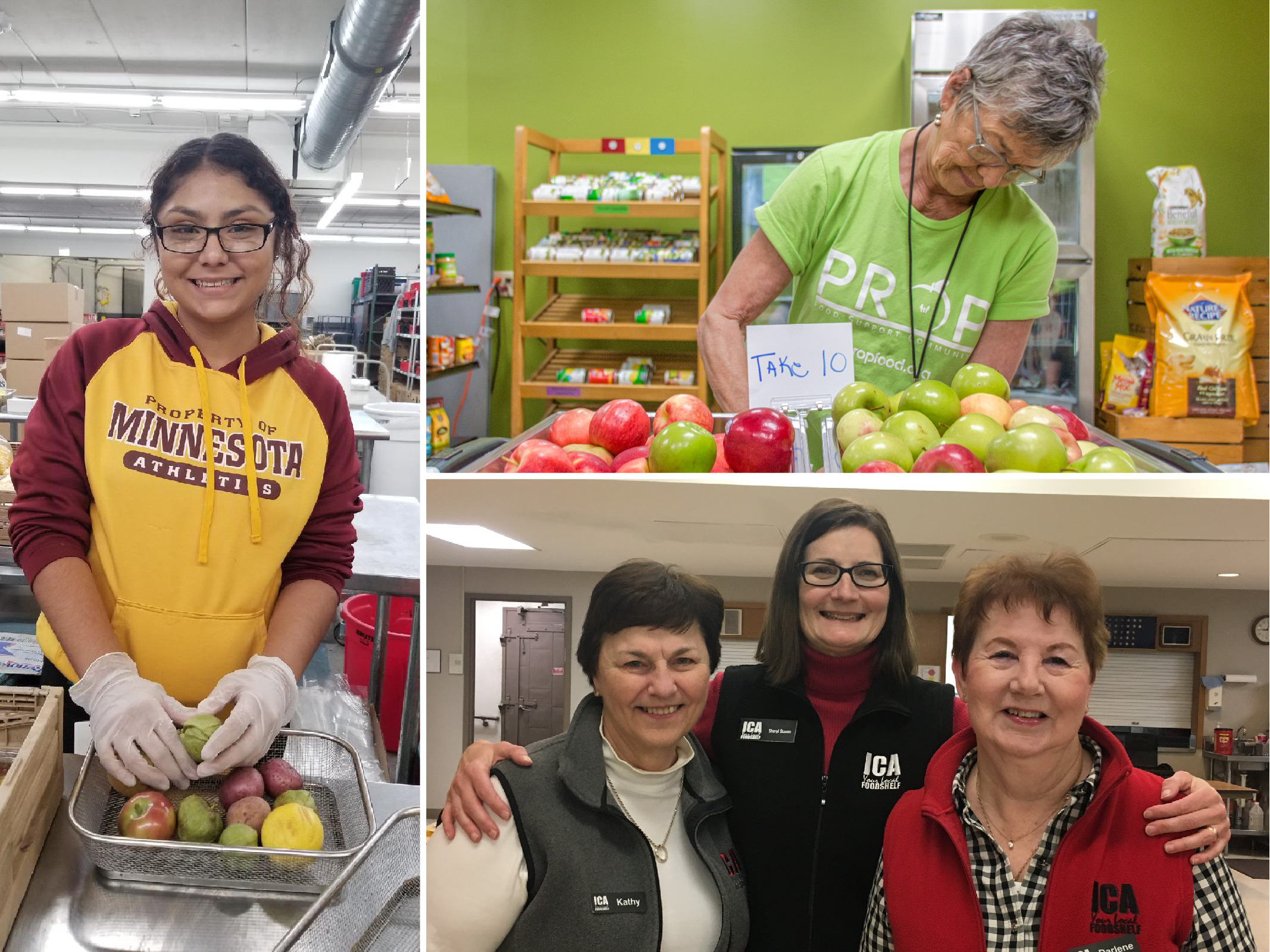
Food Shelf Partners
In each of our communities, there are neighbors in need. Providing assistance in the way of dollars and food donations is a top priority at Lakewinds. Each day, through our food rescue program, Lakewinds donates bread, produce, dairy, grocery and wellness products to a local food shelf.
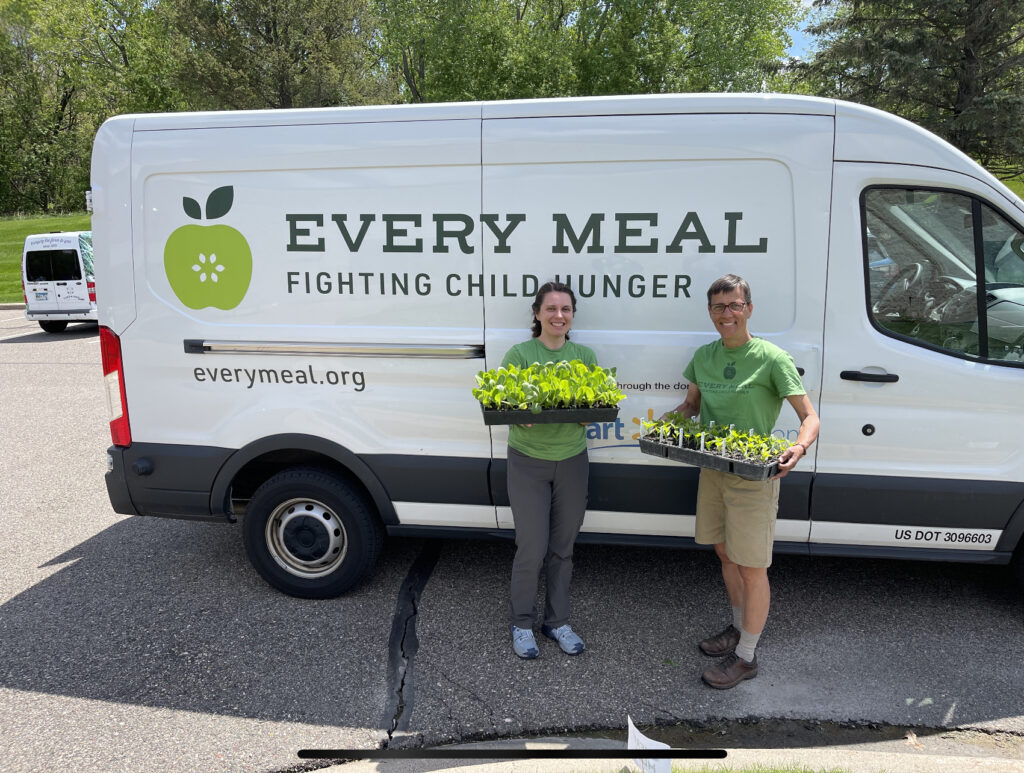
School & Community Gardens
Each year we partner with local school and community gardens that provide opportunities for folks to learn about, grow, and harvest food to provide fresh produce to community meals and food access initiatives.
Donations
Lakewinds donates to a variety of organizations for their fundraising or event campaigns, such as environmental groups, sustainable agriculture and organic food producers and other organizations that reflect our cooperative principles.
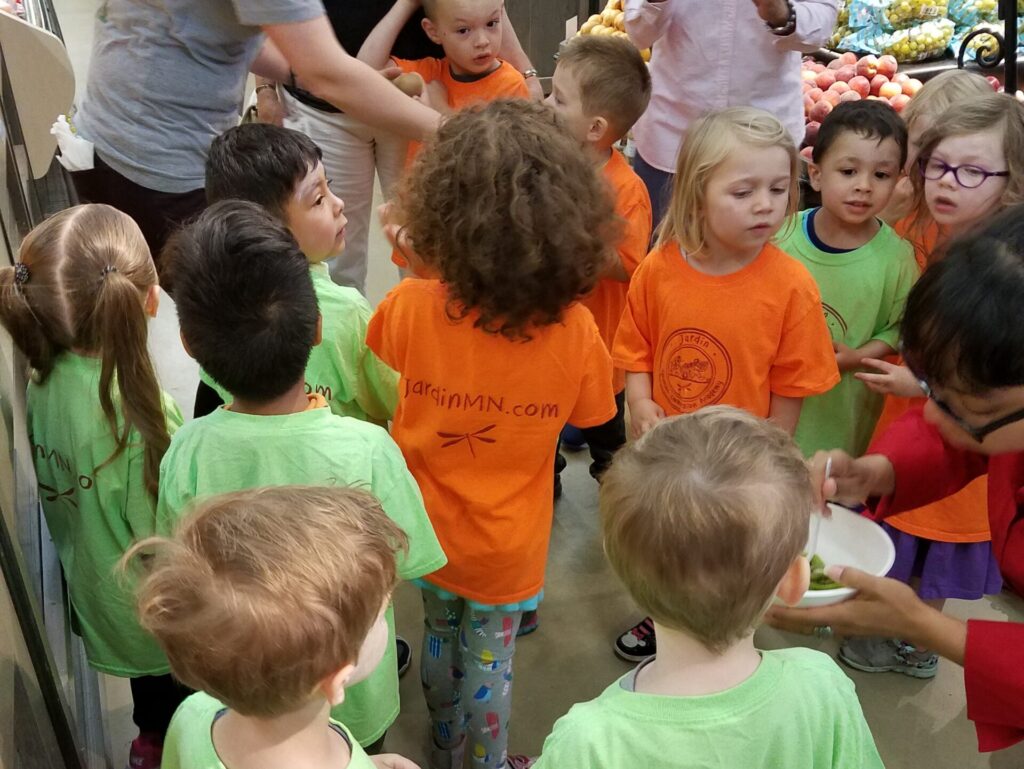
Store Tours
Understanding where our food comes from and how it gets to our plate is essential for the next generation, helping them build empowering relationships with food. That’s why we partner with local schools and community groups to provide opportunities to learn about basic nutrition, sustainable growing practices, cooperative business models, and more.

